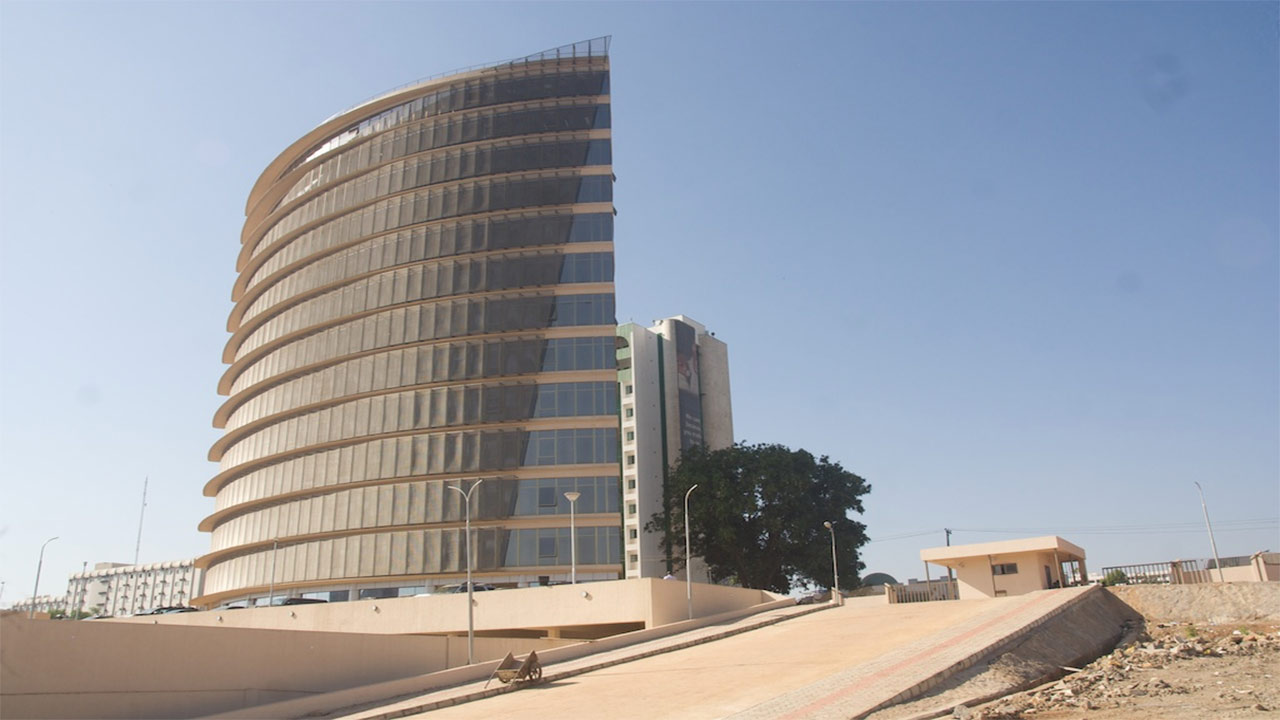United States Agency for International Development (USAID)’s Trade Hub, West Africa Trade & Investment Hub has partnered with an African Investment Hub, ShEquity to invest and support more than 100 high-potential women-owned businesses with a sum of $1.2m.
The businesses targeted will operate in one of six key sectors: agribusiness, healthcare, tech-enabled solutions, renewable energy, mobility, and fast-moving consumer goods.
“Women entrepreneurs are integral for Africa’s success, as they operate more than 40 percent of small and medium-sized businesses on the continent. However, African women entrepreneurs face the hurdle of collectively growing these businesses due to $42bn less in financing than their male counterparts,” Founder and Managing Director of ShEquity, Pauline Koelbl stated.
Koelbl added that if Africa is to reach its full economic potential, smart investment for African women entrepreneurs needs to be dramatically increased. “The lack of financing, combined with insufficient business support, put potential women entrepreneurs and those seeking to expand their already successful businesses in a growth deficit or low-income trap, widening the gender gap and reinforcing negative biases,” he said.
The partnership between ShEquity and USAID Trade Hub will focus on challenges facing Africa by bringing cash investment, structured technical support, and access to high-value networks.
As for ShEquity, it will generate at least $15m in private funding that will in turn be used to “invest, upscale and accelerate women-owned or led businesses operating in Nigeria, Benin, Burkina Faso, Côte d’Ivoire, Ghana, Mali, and Niger.”
Also, through this partnership, ShEquity will provide business development services and technical support to 120 women-owned or led businesses in the target markets and also select 12 high-growth, high-impact businesses that will each receive at least $50,000 in venture capital funding.
The combined investments in the 12 selected companies are expected to create at least 200 jobs and benefit around 20,000 people economically either directly or indirectly, along their respective value chains, through 2024.
According to Koelbl, ShEquity’s current portfolio of companies has impacted more than 13.5 million people across Sub-Saharan.
Koelbl stated: “We are excited about the future, as we hope to see more action towards democratizing access to capital and closing the gender funding gap in Africa. Backing female-led funds is the best strategy to address gender funding gap because of its trickle-down effect: more diversity in capital allocators translates into diversity of businesses getting funded,” he continued.
The USAID Trade Hub’s partnership with ShEquity represents its commitment to ensuring more women in West Africa have the access to finance, resources, and knowledge needed to grow their businesses and speed economic development in the region.
ShEquity has since invested in eight businesses in Sub-Saharan countries. Since the launch, ShEquity has been investing as a special vehicle purpose and is now in the process of formalizing into a venture capital fund structure.

 Billionaire Watch3 weeks ago
Billionaire Watch3 weeks ago
 Startups4 weeks ago
Startups4 weeks ago
 News4 weeks ago
News4 weeks ago
 News4 weeks ago
News4 weeks ago
 Bitcoin4 weeks ago
Bitcoin4 weeks ago
 Naira4 weeks ago
Naira4 weeks ago
 Forex3 weeks ago
Forex3 weeks ago
 Treasury Bills4 weeks ago
Treasury Bills4 weeks ago



























